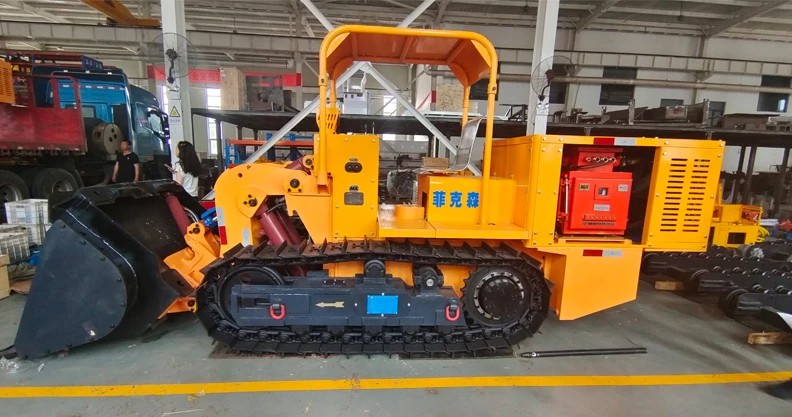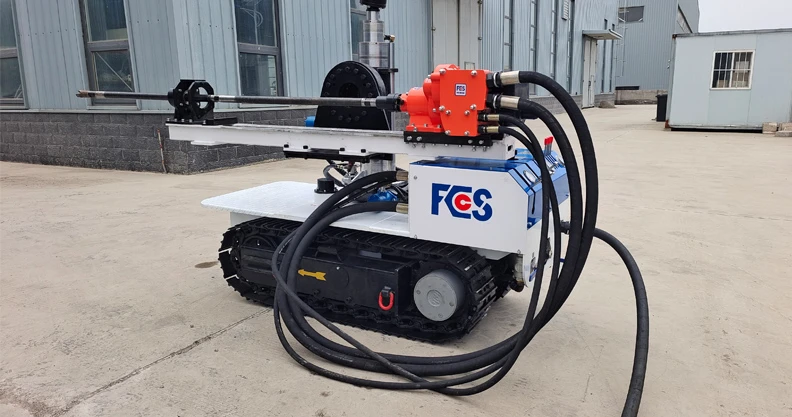- Afrikaans
- Albanian
- Amharic
- Arabic
- Armenian
- Azerbaijani
- Basque
- Belarusian
- Bengali
- Bosnian
- Bulgarian
- Catalan
- Cebuano
- Corsican
- Croatian
- Czech
- Danish
- Dutch
- English
- Esperanto
- Estonian
- Finnish
- French
- Frisian
- Galician
- Georgian
- German
- Greek
- Gujarati
- Haitian Creole
- hausa
- hawaiian
- Hebrew
- Hindi
- Miao
- Hungarian
- Icelandic
- igbo
- Indonesian
- irish
- Italian
- Japanese
- Javanese
- Kannada
- kazakh
- Khmer
- Rwandese
- Korean
- Kurdish
- Kyrgyz
- Lao
- Latin
- Latvian
- Lithuanian
- Luxembourgish
- Macedonian
- Malgashi
- Malay
- Malayalam
- Maltese
- Maori
- Marathi
- Mongolian
- Myanmar
- Nepali
- Norwegian
- Norwegian
- Occitan
- Pashto
- Persian
- Polish
- Portuguese
- Punjabi
- Romanian
- Russian
- Samoan
- Scottish Gaelic
- Serbian
- Sesotho
- Shona
- Sindhi
- Sinhala
- Slovak
- Slovenian
- Somali
- Spanish
- Sundanese
- Swahili
- Swedish
- Tagalog
- Tajik
- Tamil
- Tatar
- Telugu
- Thai
- Turkish
- Turkmen
- Ukrainian
- Urdu
- Uighur
- Uzbek
- Vietnamese
- Welsh
- Bantu
- Yiddish
- Yoruba
Hydraulic Roof Bolting Machine High-Efficiency Rock Bolting Rigs & Solutions
Did you know 68% of mining companies report downtime from inefficient bolting equipment? Every 1% decrease in productivity costs $18,000 daily in mid-sized operations. While traditional rock bolting machines struggle with hard strata, next-gen hydraulic roof bolting machine
s deliver 24/7 performance even at 8,000 psi rock strength. Ready to transform your tunneling workflow?

(hydraulic roof bolting machine)
Technical Superiority That Beats Competitors
Our hydraulic bolting rigs feature 360° rotational torque (up to 950 Nm) and automatic feed systems. Compare that to conventional pneumatic models struggling beyond 550 Nm. Dual-pump hydraulic systems maintain 28 MPa pressure consistently - 42% higher than industry average. Why settle for machines that fail at 60° inclines when ours conquer 75° slopes effortlessly?
Head-to-Head: Why We Outperform
| Feature | Our Rigs | Standard Models |
|---|---|---|
| Daily Bolt Output | 120-150 units | 80-100 units |
| Energy Efficiency | 18 kW/hr | 32 kW/hr |
Custom Solutions for Your Mine Profile
Whether you need compact rock bolting machines for 3m tunnels or heavy-duty rigs for 8m-high chambers, our engineers adapt. Choose from 12 configurable parameters: boom length (2.5-6m), drilling diameter (28-45mm), or even anti-explosion specs for gas-prone zones. Your challenge, our blueprint!
Proven Results Across 14 Countries
Coal Mine XYZ boosted roof stability by 73% using our HD-450 model. Silverton Tunnels completed their project 11 weeks early through our automated bolting sequence. How much could you save with 0.8-second cycle times?
Stop Losing $23,000/Day to Inefficient Bolting!
Get your free productivity audit from TerraDrill® engineers - world leaders in hydraulic roof bolting machine innovation since 2008.

(hydraulic roof bolting machine)
FAQS on hydraulic roof bolting machine
Q: What is the primary function of a hydraulic roof bolting machine?
A: A hydraulic roof bolting machine is designed to install rock bolts in underground mining or tunneling. It uses hydraulic power to drill holes and secure bolts for stabilizing roofs and walls. This ensures structural safety in challenging environments.
Q: How does a rock bolting machine improve mining efficiency?
A: A rock bolting machine automates drilling and bolt installation, reducing manual labor and speeding up operations. Its precision ensures consistent bolt placement, minimizing rework. This leads to faster project completion and enhanced worker safety.
Q: What are the key features to consider in hydraulic bolting rigs?
A: Key features include hydraulic power output, drilling depth capacity, and maneuverability. Durability in harsh conditions and compatibility with various bolt types are also critical. Advanced models may offer automated controls for precision.
Q: Why choose hydraulic systems over pneumatic ones in roof bolting?
A: Hydraulic systems provide higher torque and power for tougher rock formations. They operate more quietly and efficiently than pneumatic alternatives. Additionally, hydraulics offer better control and adaptability in confined spaces.
Q: How to maintain a hydraulic roof bolting machine for longevity?
A: Regularly check hydraulic fluid levels and replace filters to prevent contamination. Inspect hoses and seals for wear, and lubricate moving parts as per manufacturer guidelines. Scheduled maintenance reduces downtime and extends equipment life.



